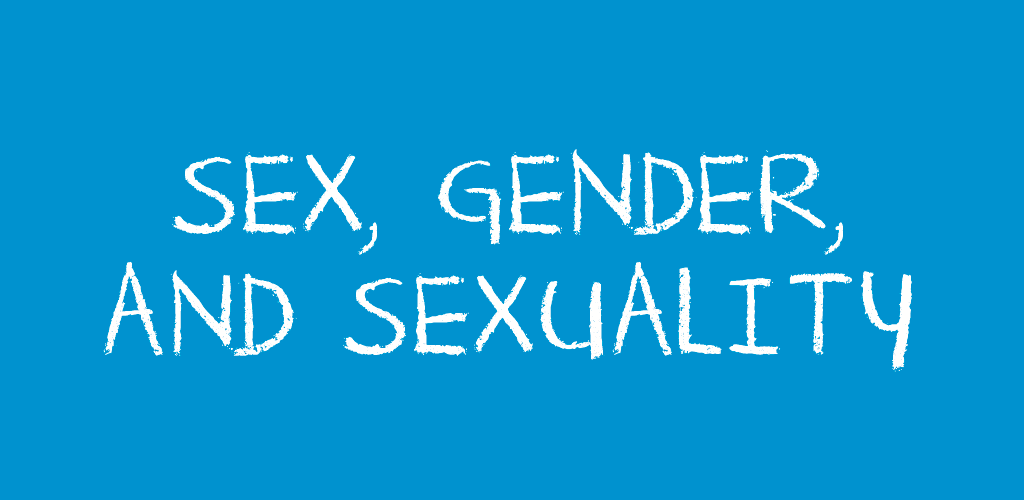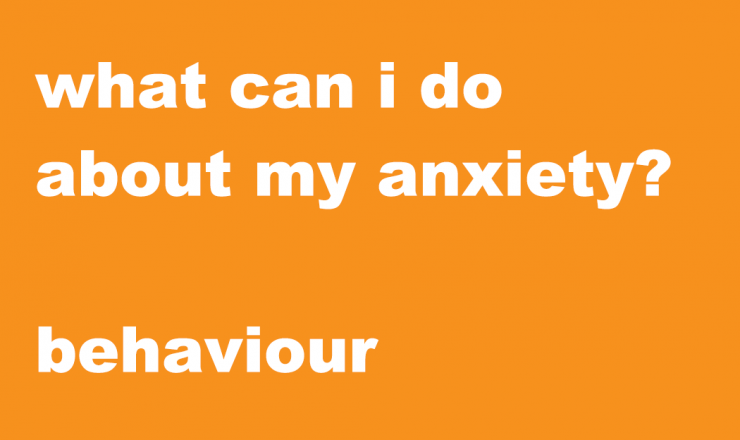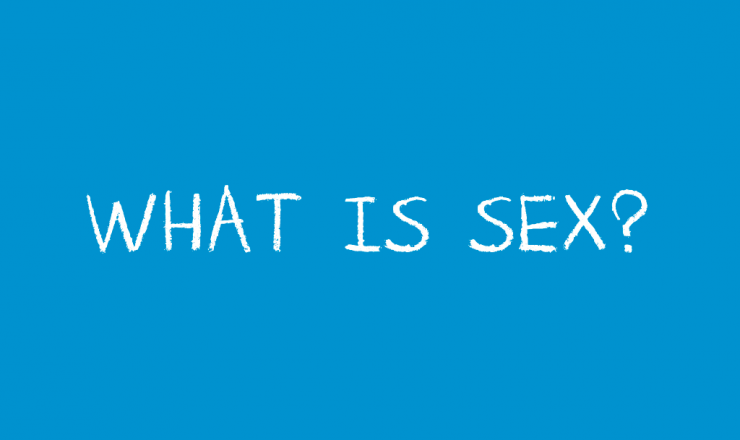Sex, Gender and Sexual Identity
Bisexual. Gay. Queer. Straight. Lesbian. There are many different terms we may use to describe our sexual identity (sometimes called sexual orientation).
Guy. Trans. Girl. Two Spirit. Genderqueer. We also use a lot of different terms to describe our gender.
You may know early in life what your sexual identity or gender is or you may not be sure. You may not even understand what all the terms mean! This section of the website should help.
Before we get into the different types of sexual identities and gender identities, there are some basic concepts you need to know. For more on different types of sexual identities and gender identities, check out Gender and sexuality ABCs.
Sex
- Your sex is based on the biological characteristics used to label people as male or female such as X and Y chromosomes, internal and external sex organs, hormonal levels and things like hair growth and breast* development
- A lot of people think that the only sexes are male or female. This isn’t true!
- Everyone has their own unique body and hormone levels. These factors combine to affect us in different ways.
- Some people are born intersex, which is a general term used for a variety of conditions where a person is born with biological characteristics (such as hormones, chromosomes, reproductive or sexual anatomy) that don’t seem to fit the typical definitions of female or male. For more information on intersexuality, check out the Intersex Society of North America [Link].
- In some cultures, it is accepted that there may be multiple types of sexes.
Gender Identity
- Your gender identity is how you identify and present yourself, for example as a boy or man, or as a girl or woman.
- Gender isn’t about whether you were born with a penis* or vagina*, but how you feel about yourself. Some people are transgender, which means their gender identity that doesn’t align with their biological sex.
- You are free to present your gender in different ways.
- Your race, culture, age, ability and even your personality can affect how you think about your gender.
- Your gender identity may be fluid and can change throughout your life.
Sexual Identity
- Your sexual identity is based on your feelings, attractions, and desires.
- If you don’t experience sexual desire or attraction, you may identify as asexual. For more information about asexuality check out The Asexual Visibility and Education Network [Link].
- Sexual identity is fluid and can change throughout your life.
- There is a difference between sexual identity and sexual behaviour. For example, you may consider yourself straight, but hook up with people of your own gender sometimes.
Are you interested in more about sexual identity and gender? Check out the other pages in the Gender Identity & Sexual Orientation section [Link]!
If you have questions about this topic, feel free to contact one of our peer educators. [Link]
*We know that these aren’t the words everyone uses for their bodies (eg. trans folks), and support you using the language that feels best for you.
Last Edited: May 2020






